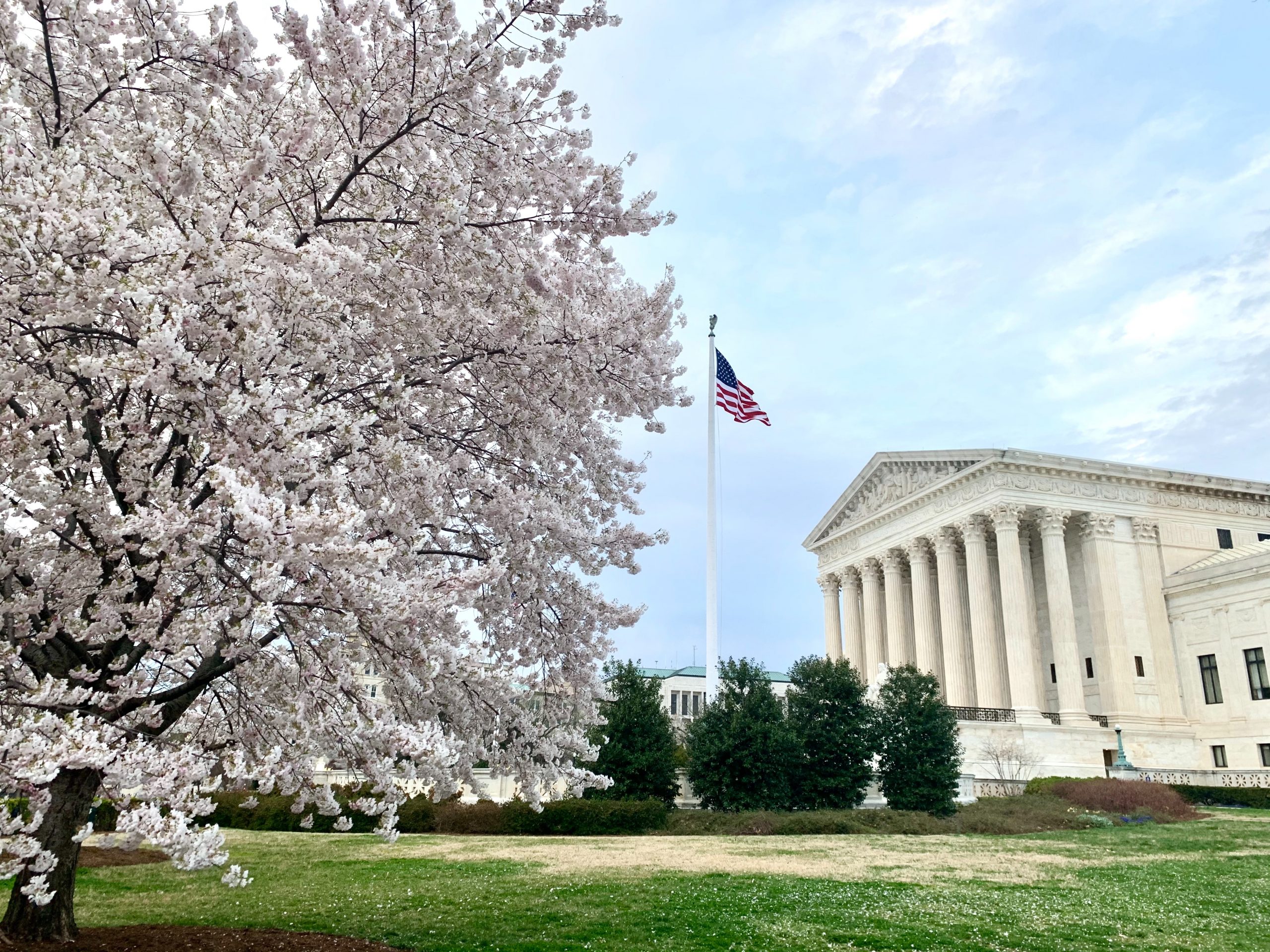Master of Laws (LLM)
The master of laws program is a nine-month graduate program. Americans can apply for this after their JD degree, and foreign students after completing a law degree in their home country. At some universities, admission to the LLM programme is only possible for graduates in the Anglo-American legal system (common law lawyers). However, most universities also admit graduates in other legal systems, such as the civil law system in the Netherlands.
Besides general LLM programs, there are also very specialized ones, for example in Corporate Law, Taxation, Intellectual Property, or International Law. The content of the LLM program varies from university to university. Some universities require strict adherence to the official study program, while others offer great freedom in composing the study program. It can be a disadvantage to lack basic knowledge of the US legal system when starting an LLM program. However, it is often possible or even mandatory to fill this gap by attending special orientation programmes offered prior to the official LLM program, or by taking one or more US law courses during the LLM program.




